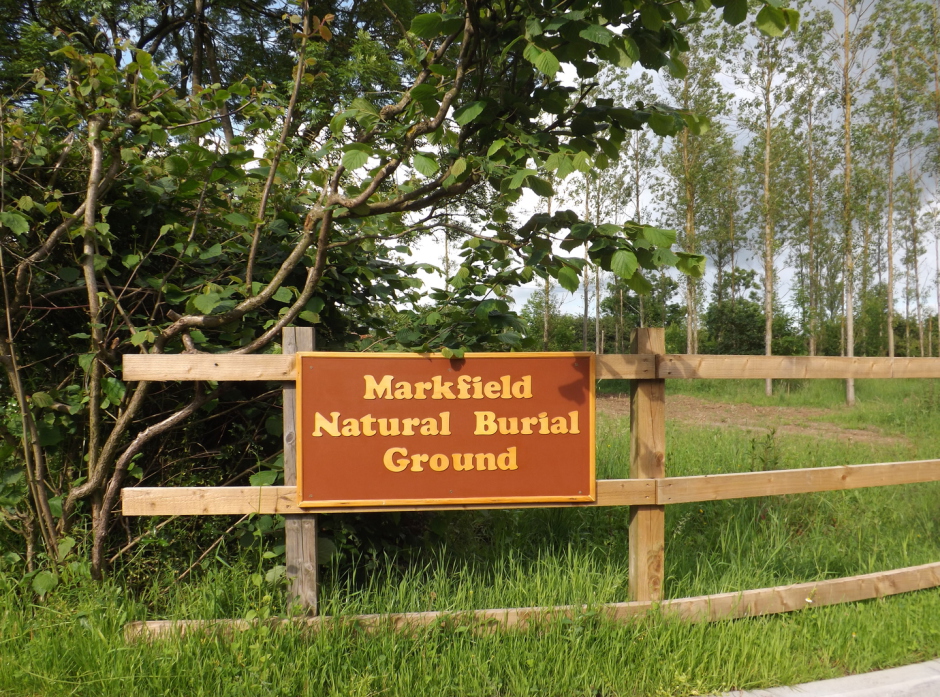
The Three Golden Rules
Shared experience and accepted wisdom suggests that the preparation for a funeral should start very early. Immediately in fact, and we offer three courses of action below that will enormously lift the burden from surviving relatives, eliminate confusion and ensure that your own wishes are followed, instead of having your family have to guess what you might have wanted in each situation.
Committing each of these actions to paper, and ensuring that your relatives know where to find copies will also relieve them of the stress of having to make arrangements at often very short notice, but certainly at a very distressing time.
Rule 1.
Prepare two lasting (or enduring) powers of attorney. One to cover health care issues, and one to cover your financial affairs. Make sure people know where they are kept, and that they are easily accessible.
This is in order that a trusted friend or relative can take over your affairs if necessary. It is never too early to do so. As it’s name suggests, they are lasting – so they can be in place for years, or decades until it is necessary to resort to them.
The lack of power of attorney means that your relatives may have to resort to the courts to decide what to do with your estate if and when you become unable to decide for yourself. This can be time consuming, contentious, and expensive, and may mean that your wishes are not fulfilled. Without power of attorney, and before a court decision, your bank accounts and other assets may be frozen and inaccessible. Which means that your relatives may have to fund your care themselves, which they may not easily be able to do.
Create your powers of attorney by accessing this website
https://www.lastingpowerofattorney.service.gov.uk/home
You will need to create a new account, and then print off the forms to be signed by your witnesses, and returned to the "Office of the Public Guardian" for validation and to be recorded. The website is clear and simple to follow, and talks you through each step of creating your L.P.A. s.
Rule 2
Write a will. Make sure people know where it is, and that it is easily accessible, and this for much the same reasons as above. Without a will (or being “intestate”) your relatives may need court intervention to settle the estate. The courts will not necessarily respect the wishes of surviving family members, but will apply relevant laws to decide what to do. This – again – can be expensive and protracted, and can cause friction between family members.
A will can be amended or replaced at any time, according to changing circumstances.
We advise against being tempted to write your will without using qualified legal help.
Rule 3.
Decide on the funeral arrangements that you prefer, and pre-purchase a grave space if relevant. Create a written explanatory document to be kept with the other two documents.
Making it clear exactly what arrangements you prefer means that your family does not have to do so, and eliminates any room for misunderstanding or disagreement. Leaving family members to decide this at what may be short notice, and in distressing circumstances, is also somewhat unfair on them.
Putting these three rules in place will give you greater peace of mind that your affairs are in order, and that you will minimise disruption to your immediate family and or friends at what is always a difficult time.
However, once you have done this, we recommend that you store them safely in a cupboard, with copies in relevant places (perhaps with family members), and then get on with the business of enjoying your life !

